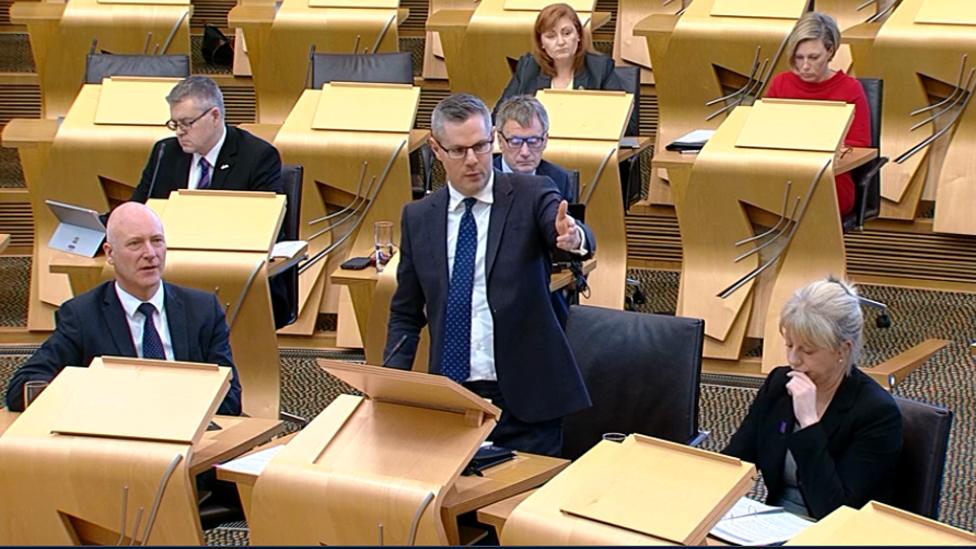Scottish government facing defeat in budget bill vote
- Published
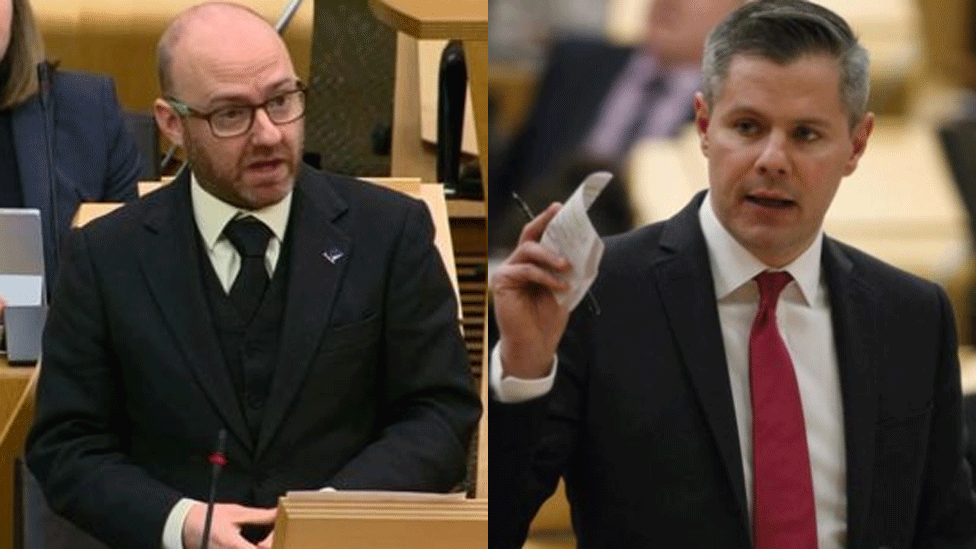
Finance Secretary Derek Mackay [right] is struggling to win over Patrick Harvie and the Greens
The Scottish government's budget is facing defeat after the Scottish Greens said they would vote against the plans unless changes were made.
MSPs will hold their first vote on the budget on Thursday, with the minority SNP government in need of backing.
The Conservatives and Lib Dems have dismissed doing a deal unless ministers rule out a new vote on independence.
And the Greens have stated that they cannot back the budget as it stands unless more money is given to councils.
Party co-convener Patrick Harvie said the current proposals would be "hugely damaging" for local government, but Finance Secretary Derek Mackay said councils would be worse off if the budget bill was not passed.
Mr Mackay unveiled his plans in December 2018, with extra funding for education, the health service and infrastructure coming alongside a widening of the tax gap for higher earners north and south of the border.
However, the minority SNP administration needs opposition MSPs to either back its proposals or abstain when the stage one vote on the budget bill takes place on Thursday.
With Labour seeking widespread changes and the Conservatives and the Lib Dems refusing to enter talks unless the government rules out a second referendum on independence, negotiations with the Greens have been at the fore.
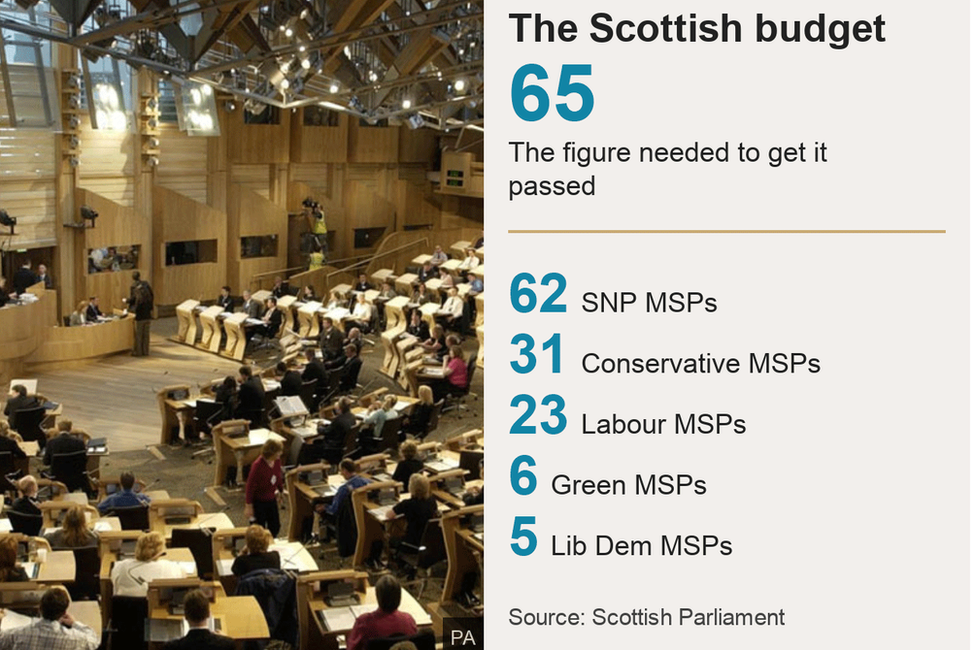
Mr Harvie said the government "seem determined to force through a hugely damaging budget" which would "decimate local services around the country".
He said: "A crisis in local services can be avoided, but it will require a fundamental change of position from the Scottish government.
"SNP ministers do have options for finding the funds needed to protect council budgets, and as we always do the Greens have offered constructive and realistic proposals at every stage.
"The ball is now back in the government's court. If the government continues to refuse to accept our proposals or even come up with fair alternatives, we cannot vote for this budget when it comes to Parliament on Thursday."
Mr Harvie did not stipulate whether Green members would vote against the budget or abstain, but MSP Andy Wightman underlined that the party "will be voting against the budget this week" unless changes are made.
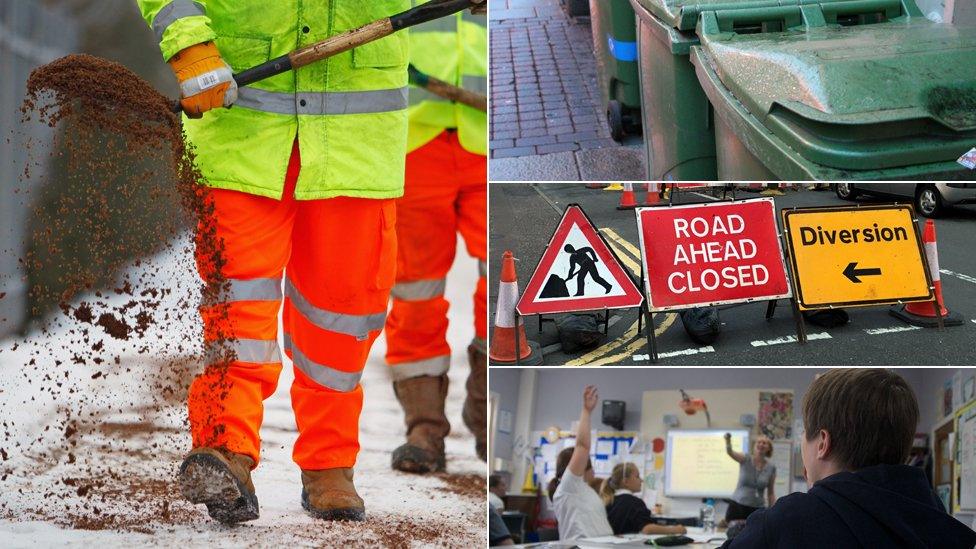
The row over the budget has focused on council funding and local services
Mr Mackay insists that the £11.1bn settlement for local government represents a real-terms increase in both revenue and capital funding, and a real-terms increase in total overall support.
The finance secretary said his "door remains open" to opposition parties to secure a deal.
He said: "It is essential we do all we can to protect our economy amid the ongoing Brexit uncertainty. The Scottish budget we propose offers that stability and provides as much certainty as possible in the circumstances.
"Our spending plans for 2019-20 provide a real terms funding increase for Scotland's essential public services, including additional funding of almost £730m for our health and care services and more than £180m to raise attainment in our schools.
"The budget also gives a vital boost to our economy through our £5bn infrastructure investment programme."
If the budget bill gets through the stage one vote, it will go to the finance committee for amendments to be considered before a final vote of all MSPs in mid-February.

How do the numbers stack up?
By Philip Sim, BBC Scotland news
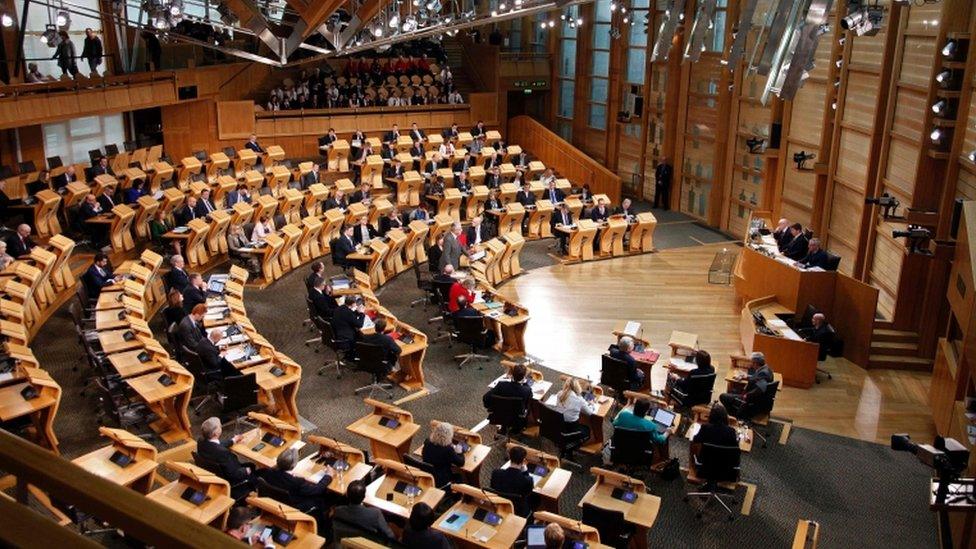
The SNP has 62 MSPs at Holyrood, and needs 65 votes for a majority in the chamber.
The opposition are technically one vote down while Scottish Conservative leader Ruth Davidson is on maternity leave, but the SNP has been maintaining an informal pairing operation during her absence, so it should not affect the balance.
So if the SNP maintain the support of independent member Mark McDonald, this means they need two opposition members to back them in order to command a majority.
Two Lib Dems did back the budget in 2018 in return for extra funding for ferries to their northern isles constituencies, but this is not understood to be a likely outcome this year.
So with the Conservatives, Labour and Lib Dems all determined to vote against, the Greens appear to be Mr Mackay's first and last hope of a deal.
If he can't persuade them to vote with him, the next best thing would be to persuade them not to vote at all. Two MSPs abstaining would see the result tied, while three dropping out would leave the government with a majority.
If the vote ends in a tie at stage one, the presiding officer's casting vote - which traditionally goes "in favour of the status quo" - would let the bill proceed, to allow talks to continue.
But if there's a tie in the final vote, the "status quo" would be the existing budget arrangements - so Ken Macintosh would vote the new budget down.

What happens if the budget bill falls?
MSPs are obliged to pass a budget bill each year. However, there is no rule that they have to do it at the first time of asking.
The Scottish Parliament's standing orders state that "if a budget bill falls or is rejected at any stage by the parliament, a budget bill in the same or similar terms may be introduced at any time thereafter".
This happened in 2009, external, when the final vote was tied 64 to 64 despite the Conservatives backing the SNP. The presiding officer's casting vote saw the motion rejected.
Ministers brought back a fresh set of proposals the following week, which passed under emergency procedures, external with only the Greens opposing them.
If the parliament is completely deadlocked, it is possible that an election would have to be called to break it.
This would require either a two-thirds majority of MSPs backing such a move, or the government resigning or being forced from power in a confidence vote and no replacement being agreed.

How have parties voted on SNP budgets?
When the SNP first entered government in 2007, Alex Salmond's minority administration was regularly helped through budget votes by the Conservatives.
The need for budget partners disappeared after the party won a majority in the 2011 elections, ending the pact with the Tories - who have not backed an SNP budget since.
The SNP was returned to minority government after the 2016 election, and has managed to win the backing of the Greens for the two budgets since then.
But in total the Greens have only supported four SNP budgets out of 12, while Labour has backed just two.
- Published12 December 2018
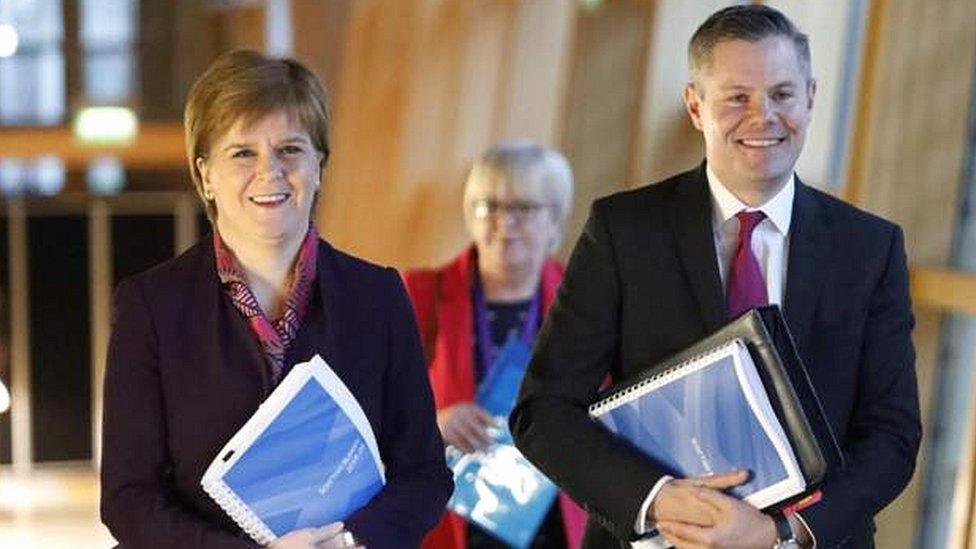
- Published21 February 2019
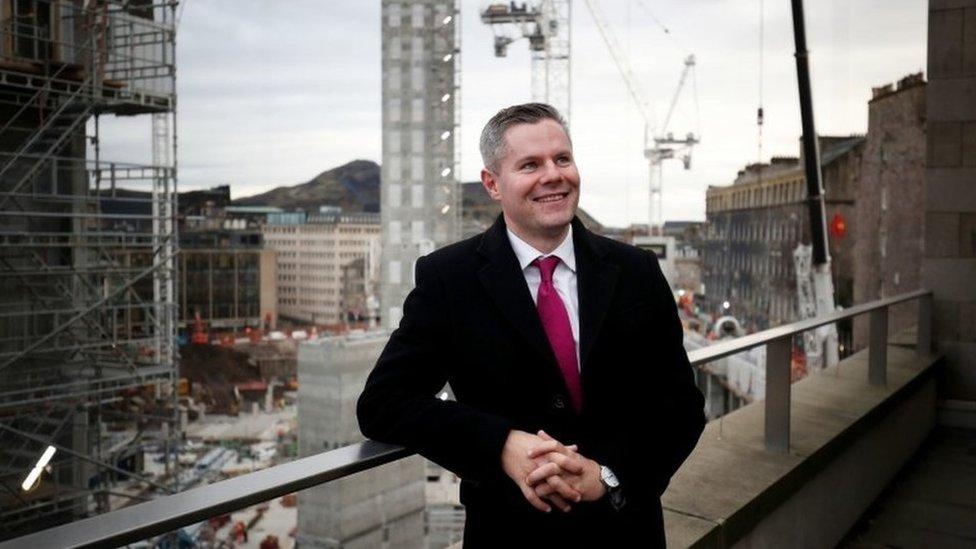
- Published9 December 2018
